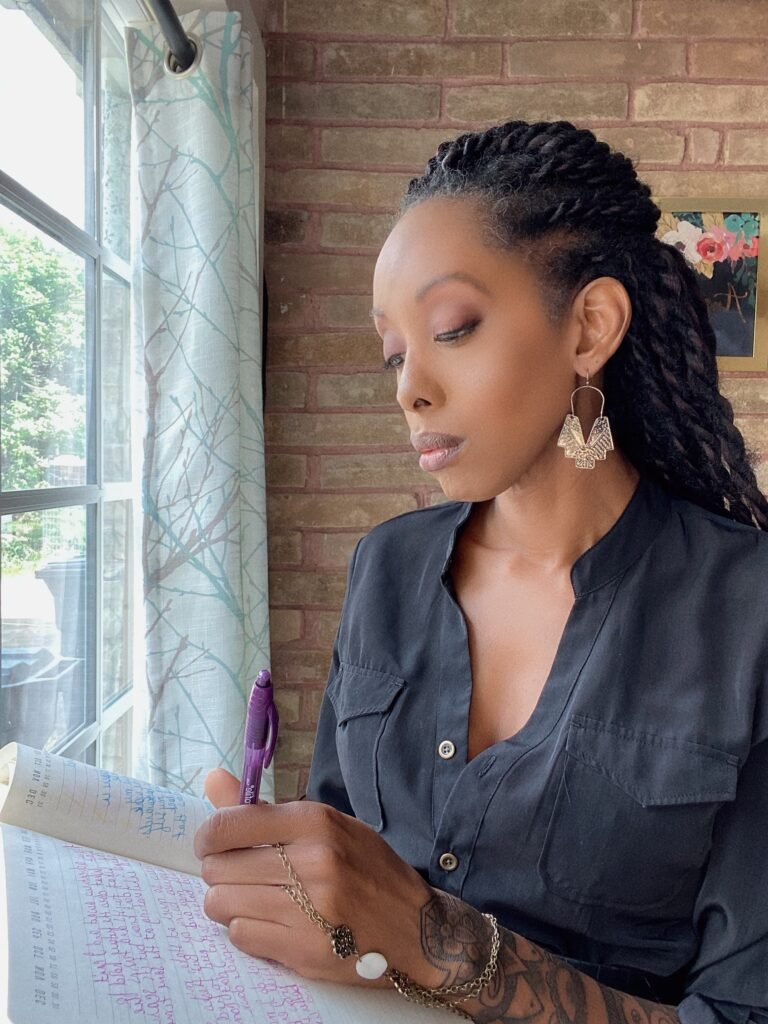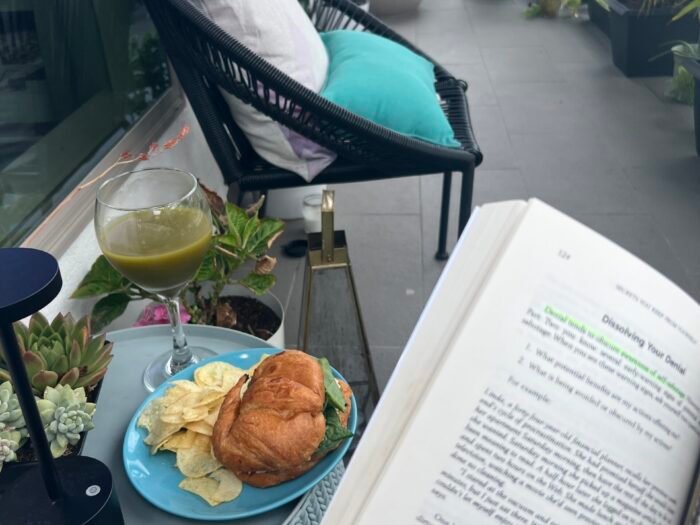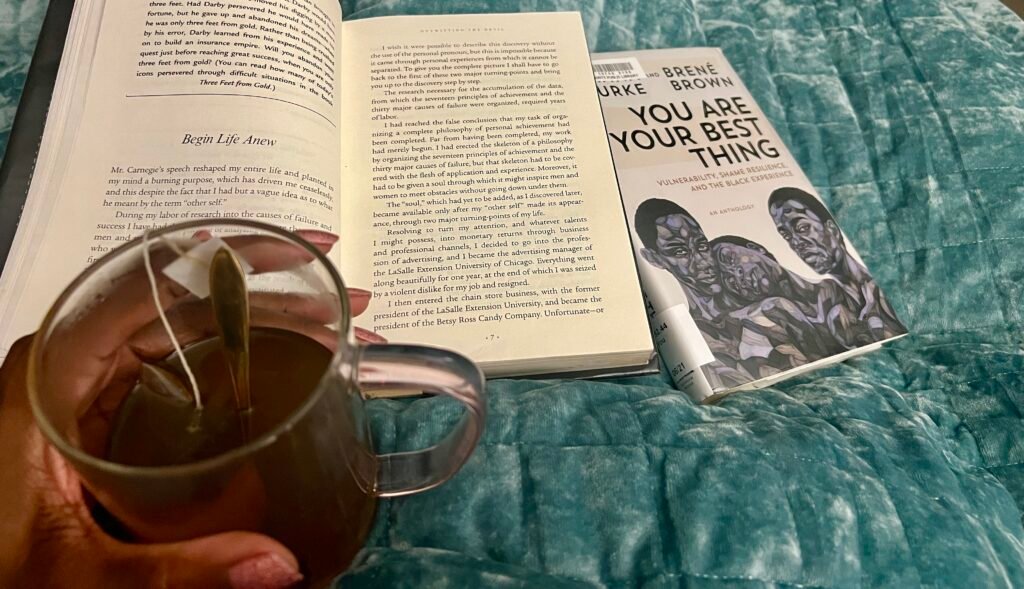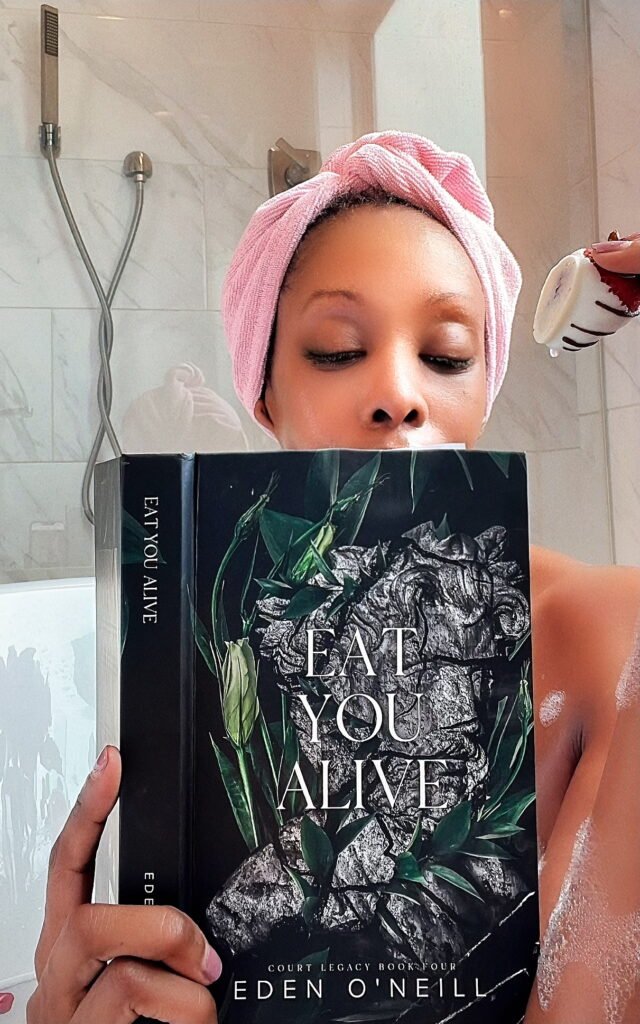Selfishness Disguised as Suffering: A Hidden Form of Self-Sabotage

Let me start with this: I know this one might sting a little. I know it did for me.
When I first came across the phrase “selfishness disguised as suffering,” my whole body reacted. I felt defensive. Angry. Exposed. But then I sat with it—and I realized, oh yeah… this is me. And this is a lot of us as women.
And not in the obvious way. Not in the “I’m being selfish and I know it” way. No, it’s the sneaky, quiet kind of sabotage. The kind that wears a mask of sacrifice, service, and strength. The kind that says “I’m fine,” while silently bleeding out the pain of resentment.
If you’ve been the strong one, the dependable one, the one who holds it all together—you might know what I’m talking about. You might be suffering in a way that seems noble on the surface, but deep down is keeping you from your own healing, your own growth, your own liberation.
Let’s talk about it.
What Is Selfishness Disguised as Suffering?
At first glance, the phrase “selfishness disguised as suffering” can sound harsh. But this isn’t about blame—it’s about awakening. It’s about the kind of deep, soul-level self-awareness that allows you to see where you may be unintentionally standing in your own way.
This form of self-sabotage often shows up subtly, especially in women who’ve spent years—or even decades—prioritizing everyone else’s needs above their own. We confuse self-abandonment with love. We glorify overextension and call it strength.
In this context, selfishness doesn’t mean being self-centered or narcissistic. It means unconsciously clinging to familiar patterns that keep us stuck—patterns that protect us from the discomfort of change, from the unknown, and from the vulnerability of finally asking, What do I really need?
I know I was definitely guilty of this. For years, I placed the responsibility of my happiness onto the shoulders of my husband and kids. I clung to the role of being everything for everyone, saying “I got it” when what I really wanted—desperately—was to rest. I thought if I could just keep doing more, being more, serving more, then I’d prove I was worthy. But deep down, it wasn’t about being needed. It was about avoiding the uncomfortable, messy work of healing the self-worth wounds I didn’t want to face. And the longer I avoided them, the deeper I slipped into patterns that looked like sacrifice—but were really a refusal to choose myself.
When we suffer but refuse to take steps toward change, we may not realize it, but we are making others responsible for our happiness, our freedom, our healing. We stay stuck and call it love. We stay in pain and call it loyalty. But suffering is not a virtue. And staying small isn’t noble—it’s just familiar.
"I clung to the role of being everything for everyone, saying “I got it” when what I really wanted—desperately—was to rest."

Here are a few ways this sneaky self-sabotage can show up:
1. Choosing Martyrdom Over Agency
You say things like:
“I can’t leave—what would they do without me?”
“It’s just easier if I do it myself.”
Sound familiar? It feels like responsibility. It sounds like strength. But sometimes, it’s fear in disguise.
That failure you’re afraid of might look like not letting your kids clean the house because they won’t do it the “right” way—and company is coming. So you end up doing it all, angry and exhausted, then snapping at everyone for not helping… even though you took over everything.
Or maybe you’re the one who always plans everything because your partner does the “I don’t know what to do” dance. (Been there.) You take it on again, quietly stewing in bitterness. Until you explode, or shut down.
❗ Ask yourself: Am I choosing to suffer because the role I play in others’ lives feels safer than the uncertainty of choosing myself?

That half-smile hid so much.
2. Overgiving with a Side of Silent Resentment
You give. And give. And give.
And then you seethe.
But instead of setting boundaries or saying what you need, you just keep pouring from your empty cup—hoping someone will finally notice you. Hoping they’ll wake up and say, “Wow, she deserves better. Let me change.”
I did this for years. I stopped asking for help because it seemed like nothing changed anyway. I thought if I just did more, gave more, tried harder, maybe then I’d be seen. But I wasn’t. And every time my efforts were dismissed or taken for granted, the bitterness grew like a knot in my chest.
❗ Ask yourself: Am I expecting others to read my mind or fix what I haven’t yet claimed as my responsibility?
3. Telling the Same Old Story
You keep replaying the same wounds. The same childhood pain. The same betrayals. You talk about them, think about them, feel them like fresh cuts every time someone brushes against your scar.
I get it. I’ve been in that loop too.
Those thoughts are like emotional quicksand—so seductive, so familiar, so right. And sometimes, it feels good to be right. To be justified. To be the one who was wronged.
But that story? That story is a prison.
I had to let mine die. I had to grieve it, forgive what felt unforgivable (sometimes more than once), and choose to see myself not as the victim—but as the woman who made it out.
❗ Ask yourself: Am I protecting my pain because I don’t yet trust who I’ll be without it?
I thought if I just did more, gave more, tried harder, maybe then I’d be seen. But I wasn't.
4. Avoiding Action in the Name of Caring
You say, “I can’t do that right now—my family needs me.”
It sounds loving. It sounds responsible. But sometimes? It’s avoidance. Because stepping into your own power comes with risk. Accountability. Change. And change is terrifying when you’ve spent years being what everyone else needs.
When my kids were younger—especially after their ASD and speech disorder diagnoses—I completely erased myself. Therapy appointments, special diets, advocating for their needs… that became my life. And while those things mattered deeply, I disappeared.
I didn’t get my nails done for over a decade. I felt guilt just thinking about doing something for myself. And the truth is: I used their needs to justify staying small.
❗ Ask yourself: Is my suffering a convenient excuse for avoiding my own liberation?

One of the many 1 hour trips to take the kids to therapy.
Why this matters?
This pattern? It’s insidious. It wears the face of love. Of service. Of motherhood. Of womanhood.
And society will applaud you for it.
But behind the applause, you’re burnt out. Bitter. Aching for a life that actually feels good—but scared to say it out loud.
Hear me: You were not born to suffer.
Well-being is your birthright. A life that feels whole, beautiful, and expansive is not just for other people. It’s for you. And the most unselfish thing you can do is to choose yourself. To stop leaking your life force in the name of being “good.”
Because when you’re lit up, rested, rooted in your worth, and living in alignment? You become a blessing to everyone around you. Not because you’ve sacrificed yourself—but because you’ve come home to yourself.

Want to Go Deeper? Start Here.
If this message is hitting home and you’re realizing how much self-sabotage has played a role in your life, I want to lovingly encourage you to learn more about the patterns that might be running beneath the surface.
Here are a few powerful reads that helped me—and I know they can help you, too:
📖 The Mountain Is You by Brianna Wiest – If you’ve ever felt like you are the biggest obstacle to your next level, this book will open your eyes and soften your heart. It’s a powerful invitation to transform your inner blocks into bridges toward healing.
📖 Secrets You Keep from Yourself by Dan Neuharth – A deep dive into the unconscious behaviors that stem from childhood and how they shape our adult lives. If you’ve ever asked, “Why do I keep doing this?”—this book has answers.
📖 Stop Self-Sabotage by Dr. Judy Ho – Grounded in psychology and practical strategies, this book helps you recognize and interrupt the six core sabotage triggers. It’s a great tool for anyone ready to create change that sticks.
📖 Self-Sabotage No More by Jennie Potter – This one feels like a loving coaching session on paper. Perfect for women who are ready to let go of guilt, fear, and hiding—and finally step into their full power.
(These are affiliate links—meaning I may earn a small commission if you purchase, at no extra cost to you. Thank you for supporting the work I do.)
Well-being is your birthright. A life that feels whole, beautiful, and expansive is not just for other people. It’s for you.
The Antidote: Conscious Self-Responsibility
This isn’t about shame. It’s about awakening. And it starts with choosing a new way—one moment at a time.
1. Start Naming Your Needs Out Loud
Don’t wait for someone to guess what you want. Say it. Claim it. Practice it, even if your voice shakes. Even if it’s messy. Even if it feels selfish. Your needs are valid, and naming them is the first step toward honoring them.
2. Set Boundaries and Honor Your Limits
Stop negotiating your peace for someone else’s comfort. If it’s draining you, disrupting your nervous system, or costing you your joy—it’s okay to say no. Your boundaries are not punishments. They’re sacred protection for your energy, your time, and your purpose.
3. Make Decisions That Feel Aligned—Even If They Inconvenience Others
Choosing yourself might disrupt the people who benefit from you shrinking. That’s okay. You are not responsible for other people’s disappointment in your healing. You are responsible for your alignment. You are responsible for your truth.
4. Let Go of the Payoff You Get from Suffering in Silence
Sometimes we stay in suffering because it gives us identity. Control. Recognition. But at what cost? Ask yourself what you gain by staying small—and then ask what you could gain by setting yourself free.

I have learned how to rest and care for myself without guilt or the need to prove I’m worthy of it.
Final thoughts
Freedom doesn’t always feel good at first. It can feel raw. Lonely. Unfamiliar.
But I promise you: It’s worth it.
Because on the other side of choosing yourself is a version of you that you haven’t even met yet. A woman who is rooted, radiant, and free. A woman who knows she is no longer available for suffering as a substitute for self-worth.
And when you become her?
Everything changes.

Ready to Start Over—But From Alignment This Time?
Download the free Aligned Restart Journal
A soul-led guide for women ready to begin again with clarity, courage, and confidence.
